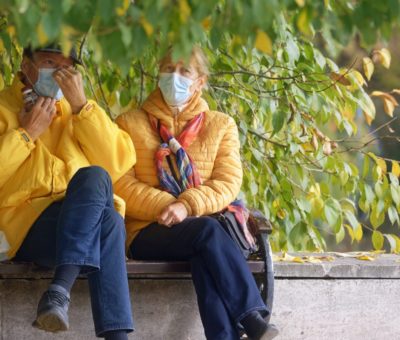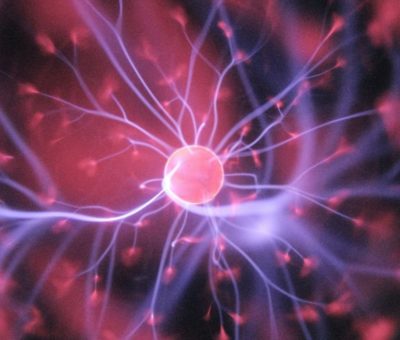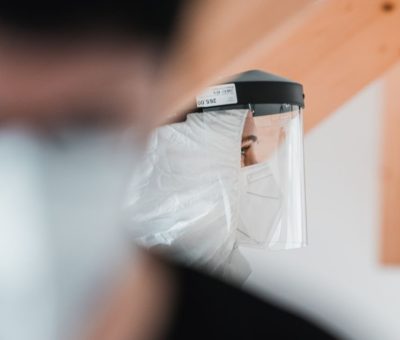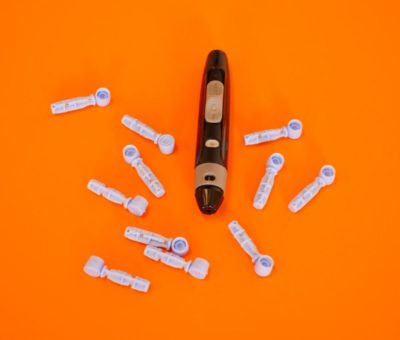Prostate cancer is one of the most common oncological diseases in men. Mortality from it in the representatives of the stronger sex is in second place after lung cancer.The main difference between prostate adenoma and prostate cancer is that adenoma is a benign tumor, and cancer is malignant. Cancer
Read MoreDr. Howard Tucker is a unique person who shows by his example that you can live and do what you love for a very long time.Tucker is an American neurologist. He has been practicing medicine since 1947. And at the age of 67, he became a lawyer and passed the bar exam. Howard Tucker is listed in the Gu
Read MoreScientists have solved the mystery of what exactly daylight does to our brain. It is well known that changes in the amount of daylight we receive can trigger seasonal affective disorder.A study in mice found that neurons residing in the suprachiasmatic nucleus coordinated with each other depending o
Read MoreIt is possible that the key to our immunity is in the body of sharks. Their immune system is many times more efficient than ours, and this could lead to the development of new drugs.Sharks have a fearsome reputation, although they attack humans no more than 10-12 times a year. But these amazing crea
Read MoreResearchers from the University of Oxford have found that people have an increased risk of certain brain diseases due to the coronavirus. Moreover, it remains so even two years after infection. Oxford researchers have shed new light on the long-term neurological and psychiatric aspects of the corona
Read MoreThe number of deaths among patients with prostate tumors has tripled during the pandemic. These are the data of the health system in the UK. Statistics show alarming changes in the diagnosis and treatment of prostate tumors during the pandemic. Judging by the sharp increase in the number of deaths,
Read MoreOver the years, children are more skeptical about the words of adults. This is the conclusion reached by researchers from the University of Toronto.Children learn by themselves through observation and experimentation, but they are also attentive to the words of authoritative adults. And those includ
Read MoreWhen it comes to normalizing blood pressure, most people think that the problems are related to hypertension (high blood pressure). But hypotension (low blood pressure) also reduces the quality of life.Nutritionist Nadezhda Chernyshova told how to normalize low blood pressure. She emphasized that th
Read MoreAccording to Anatoly Altshtein, another sixth wave of coronavirus cases in Russia has passed its peak. And already this month we will still see a steady decrease in the number of cases. The sixth wave of the coronavirus, and for some countries the fourth or fifth, began to attack the planet around J
Read MoreMost people think that diabetes is divided into types 1 and 2. But there is another version of it that does not fit into these groups. Diabetes of the so-called one and a half type or 1.5 is sometimes referred to as latent autoimmune diabetes in adults. This condition shares some similar characteris
Read More









